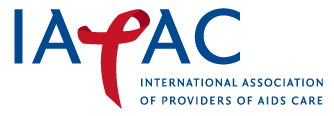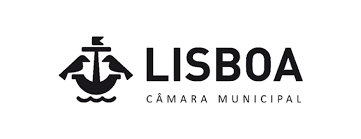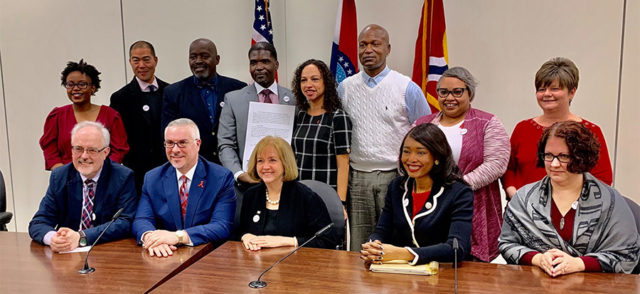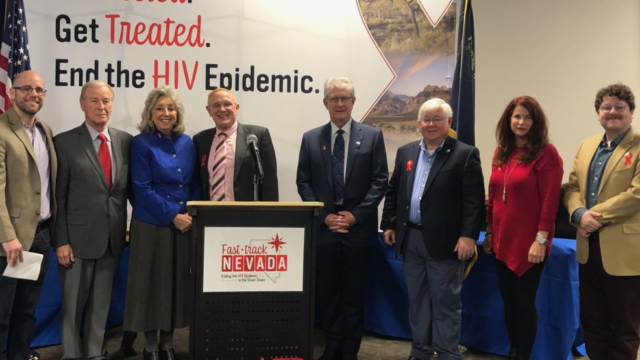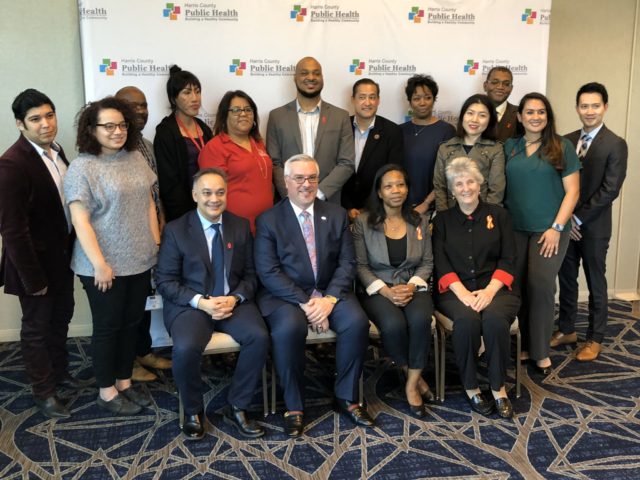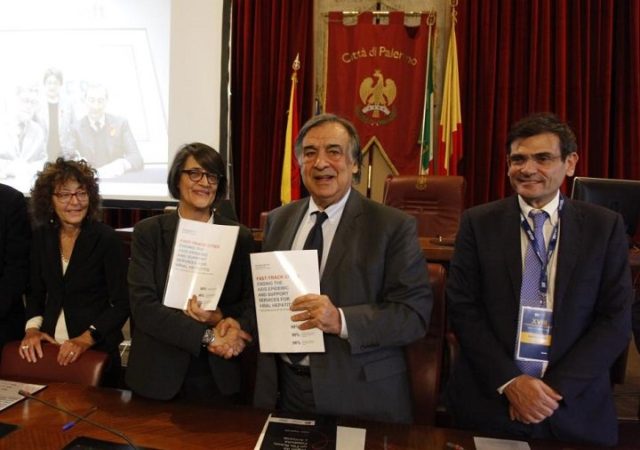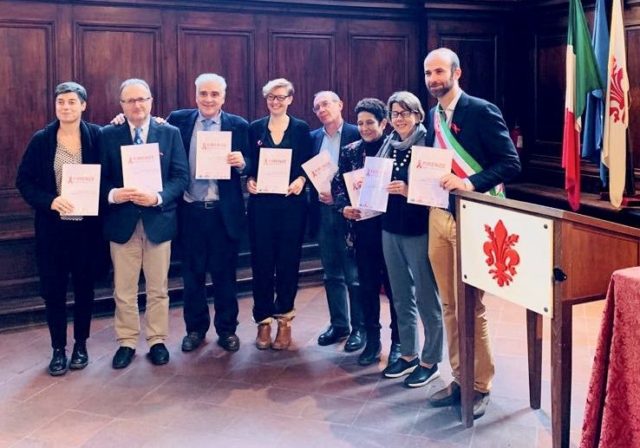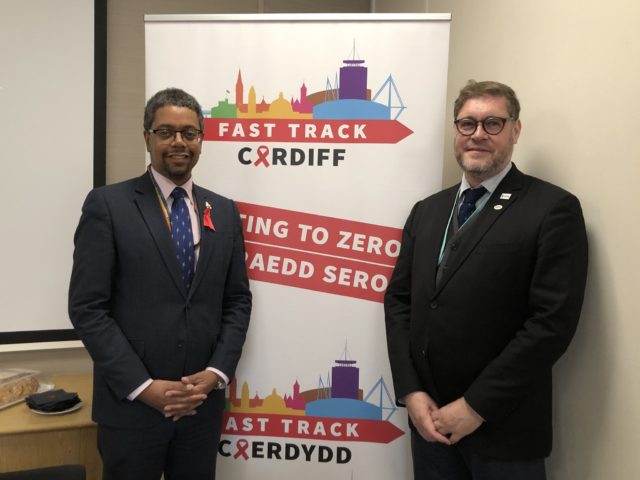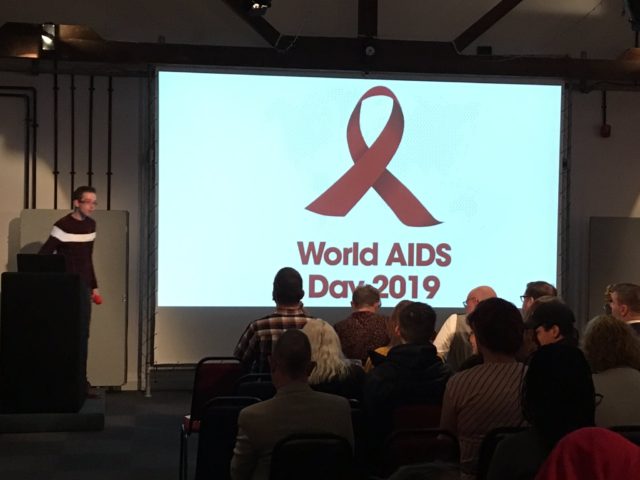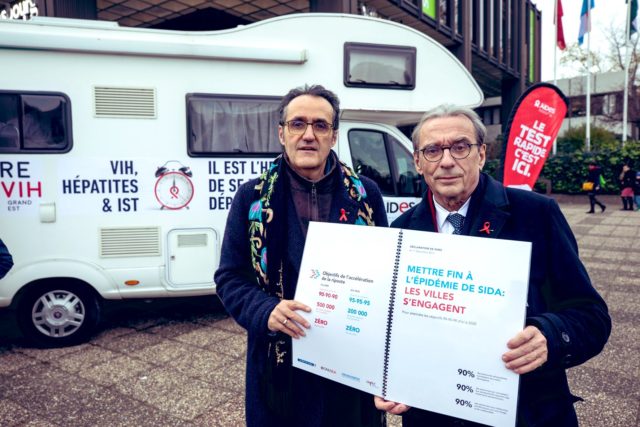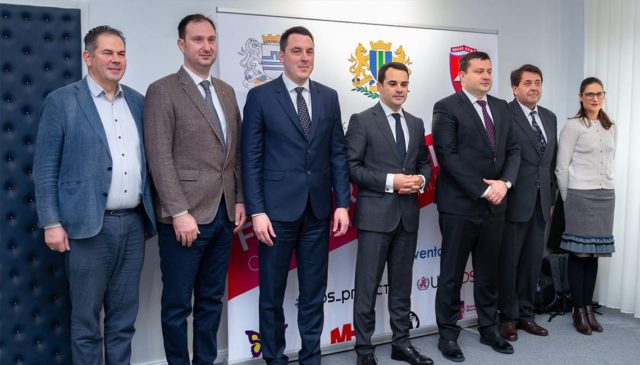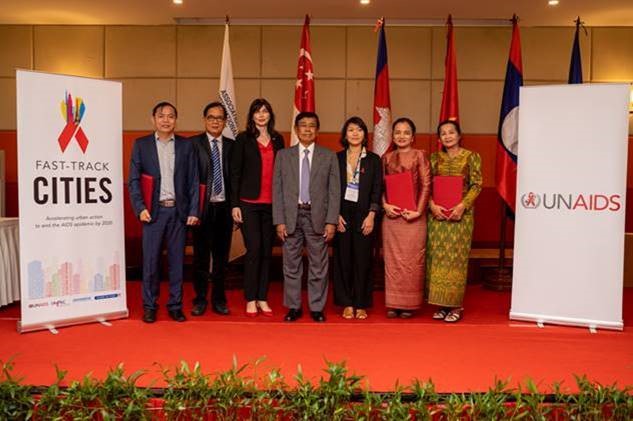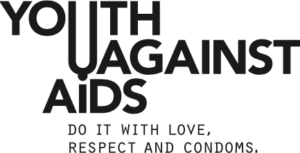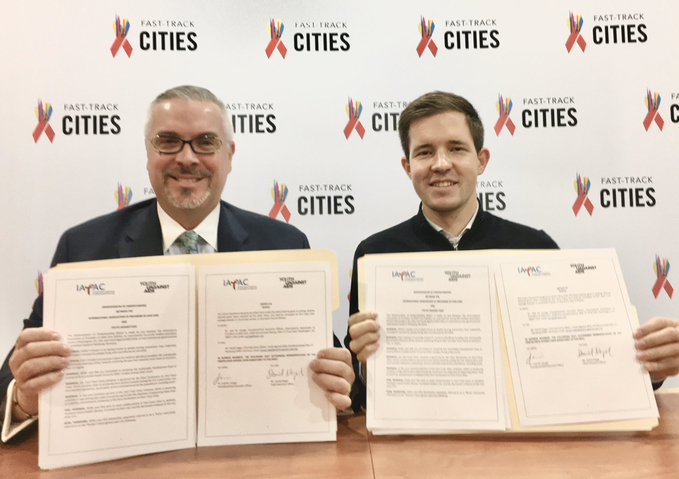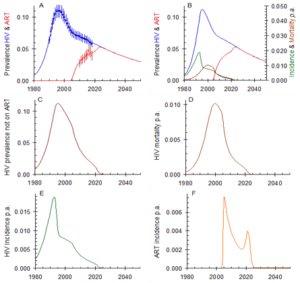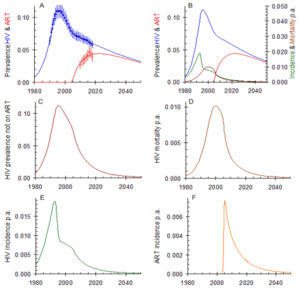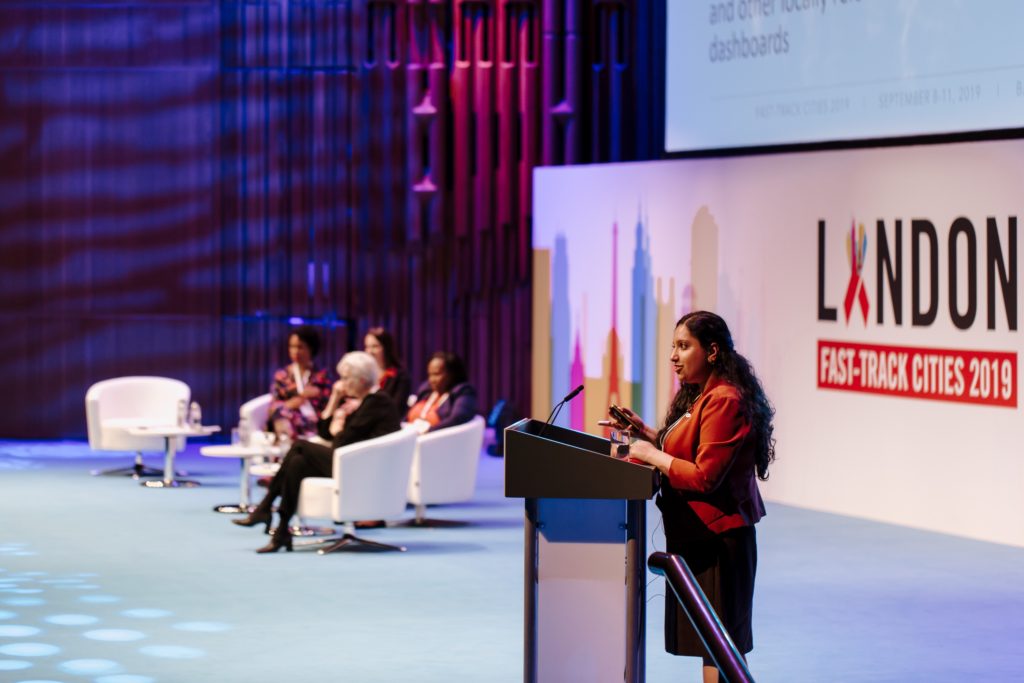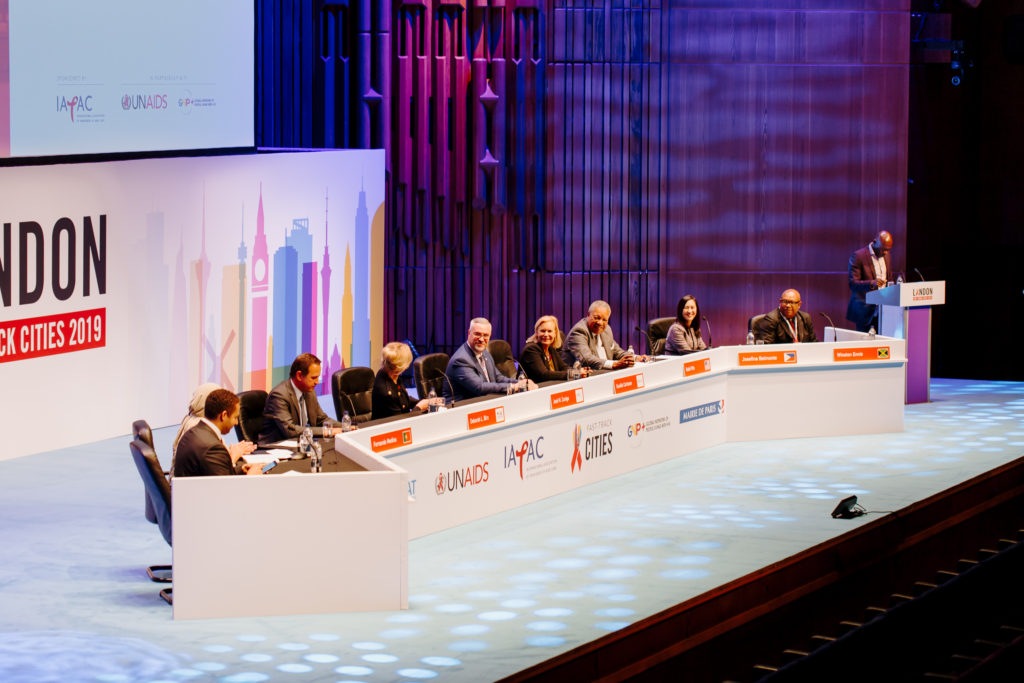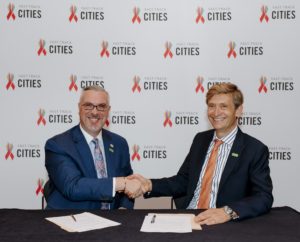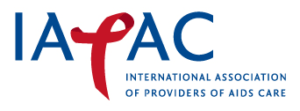
COVID-19-Related Disruptions in HIV Services
Highlighted during 90-90-90 Targets Update
WASHINGTON, DC, USA (July 1, 2020) – Representatives from the US President’s Emergency Plan for AIDS Relief (PEPFAR), Joint United Nations Programme on HIV/AIDS (UNAIDS), World Health Organization (WHO), and International Association of Providers of AIDS Care (IAPAC) expressed concern today about COVID-19-related disruptions in the continuity of HIV services. They spoke during a session at the sixth annual 90-90-90 Targets Update, which IAPAC co-hosted with UNAIDS and the International Treatment Preparedness Coalition (ITPC) on June 30-July 1, 2020, as an AIDS 2020 Virtual pre-conference. The session was entitled, “Lost Time: Recovering from COVID-19’s Impact on the Global HIV Response.”
IAPAC President/CEO Dr. José M. Zuniga presented data from a survey of more than 500 clinicians treating people living with HIV (PLHIV). In addition to quantifying that 53% of respondents are managing patients with SARS-CoV-2 infection, the survey revealed COVID-19-related disruptions in access to HIV services, including antibody testing (35%), antiretroviral therapy (ART) initiation (29%), and pre-exposure prophylaxis (PrEP) initiation (31%). Similarly, Dr. Meg Doherty, Director of the WHO’s Department of Global HIV, Hepatitis, and STI Programs, cited data from a survey of 99 countries reporting partial or complete disruptions across 25 different health services, including continuation of established ART (32%), tuberculosis case detection and treatment (42%), and treatment of mental health disorders (61%).
“Any disruption to HIV and health services can turn a local crisis into a humanitarian catastrophe, which we are all trying to avoid,” said Dr. Zuniga. “The global HIV community is focused on leveraging innovation, facilitating community engagement, and prioritizing human rights to mitigate potential harm to people living with and affected by HIV. Sustained access to quality health services is vital to ending the HIV and COVID-19 pandemics.”
Differentiated service delivery, multi-month drug dispensing, and telemedicine platforms were among the innovations cited by Dr. Angeli Achrekar, Principal Deputy US Global AIDS Coordinator, during a presentation about PEPFAR’s efforts to maintain the continuity of HIV services in more than 50 countries. In addition to echoing the need for innovation in the context of COVID-19, Dr. Shannon Hader, UNAIDS’s Deputy Executive Director, Programs, stressed the importance of applying lessons from the global HIV response, notably protecting human rights and facilitating community engagement, including by utilizing community organizations as essential service providers.
The 90-90-90 Targets Update, which was made possible through support from Gilead Sciences and ViiV Healthcare, also featured seven other sessions, including separate sessions focused on national and municipal progress towards achieving the UNAIDS 90-90-90 targets. Launched in 2014, the programmatic targets call for 90% of PLHIV to know their status, 90% of PLHIV who know their status to access ART, and 90% of PLHIV on ART to achieve viral suppression.
# # #
About the International Association of Providers of AIDS Care (IAPAC)
With more than 30,000 members globally, IAPAC is the largest association of clinicians and allied health professionals working to end AIDS as a public health threat by 2030.



